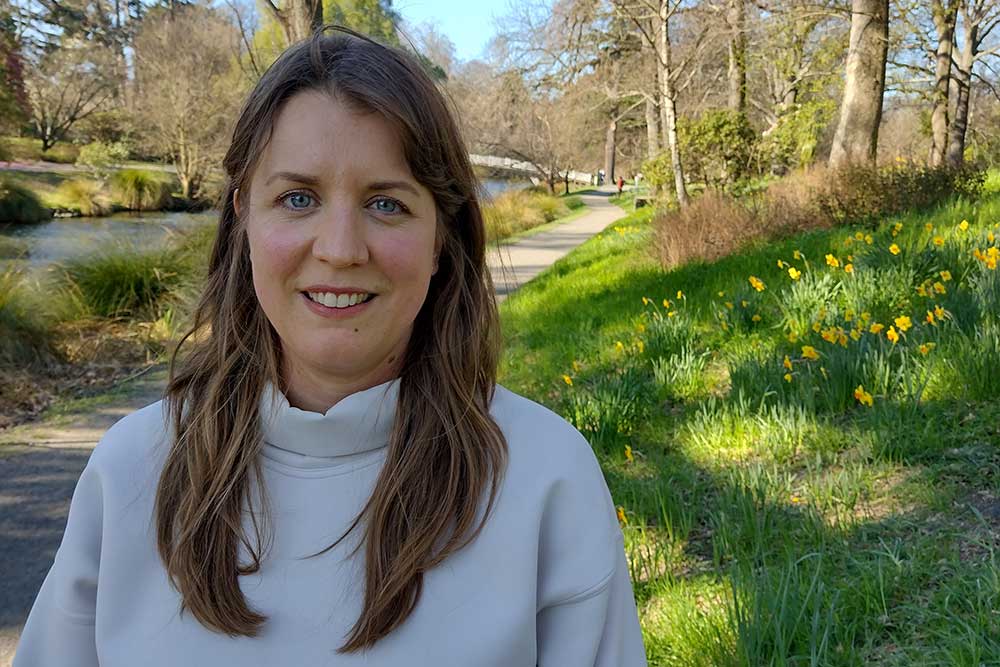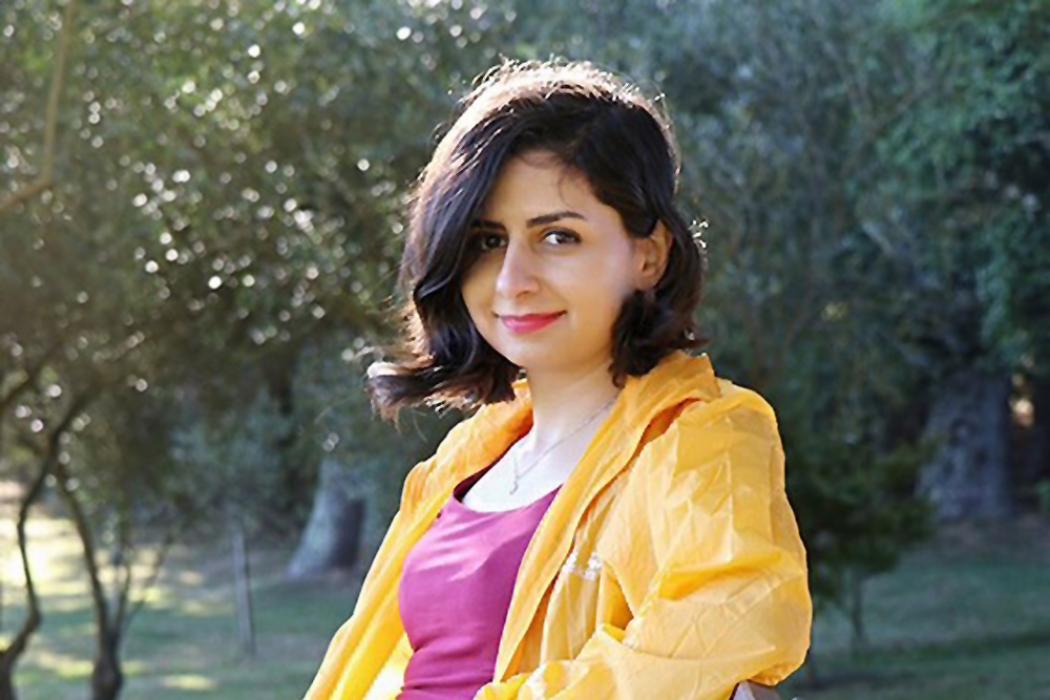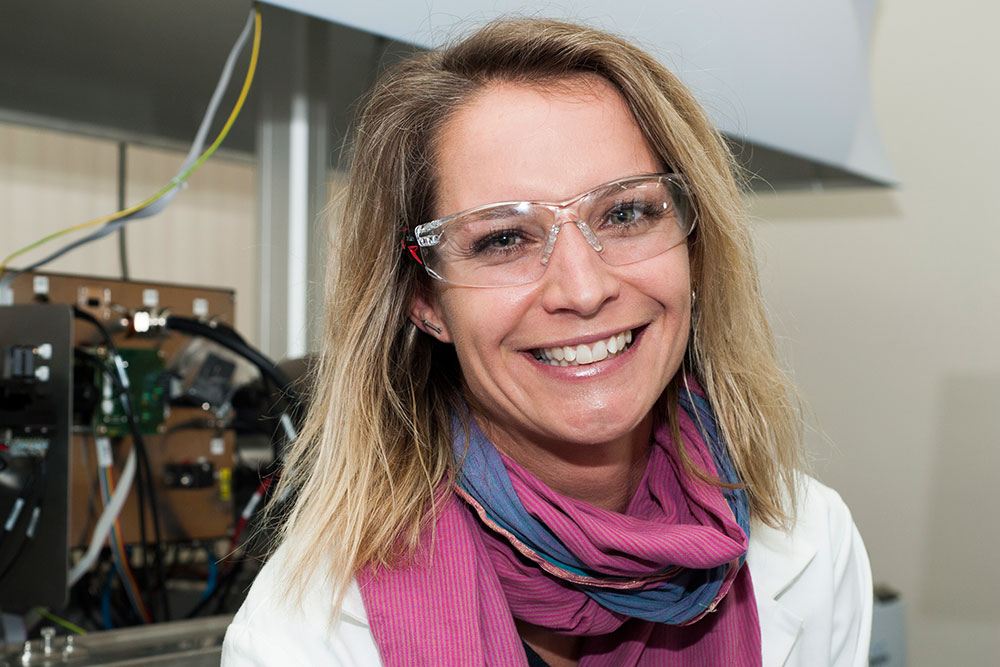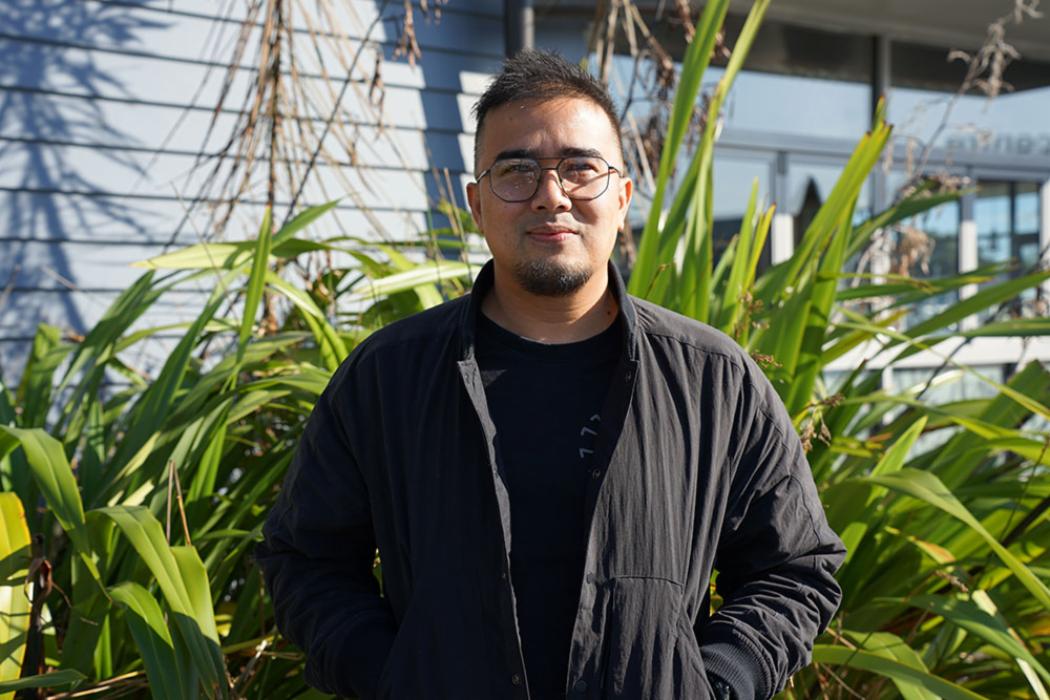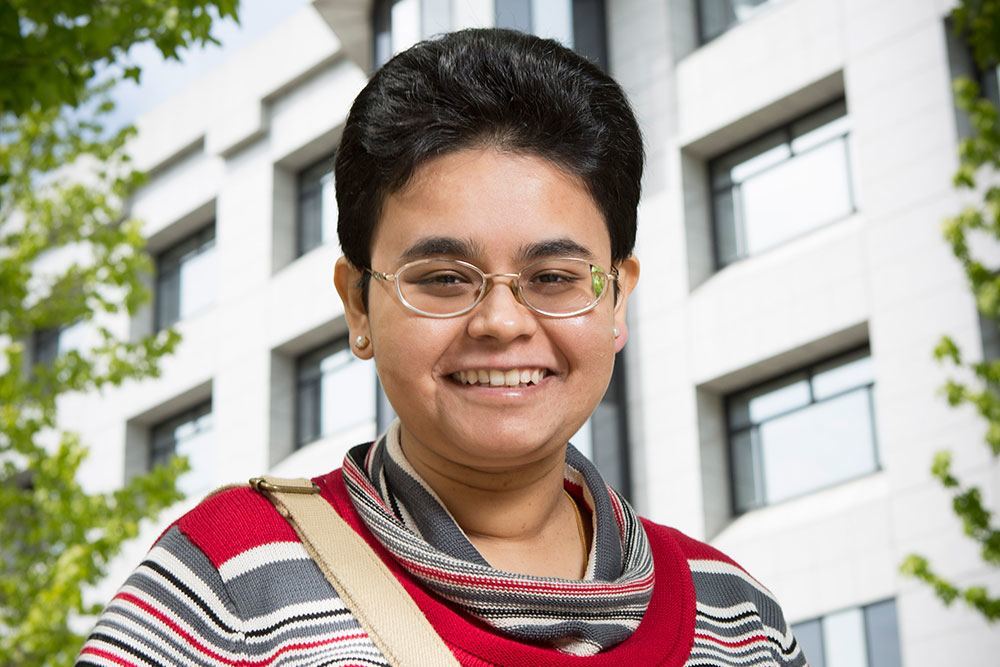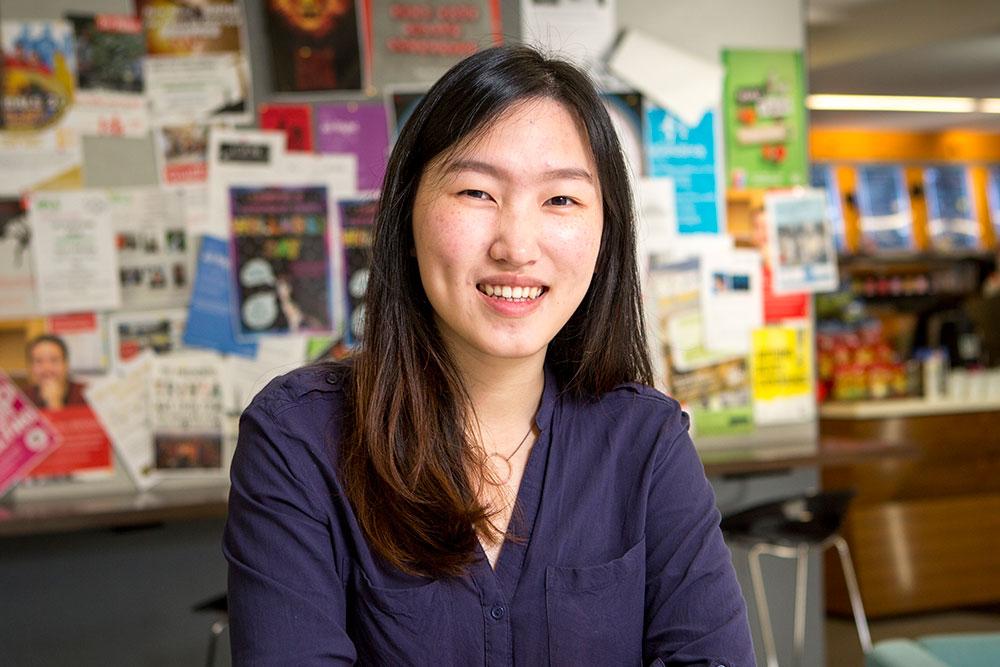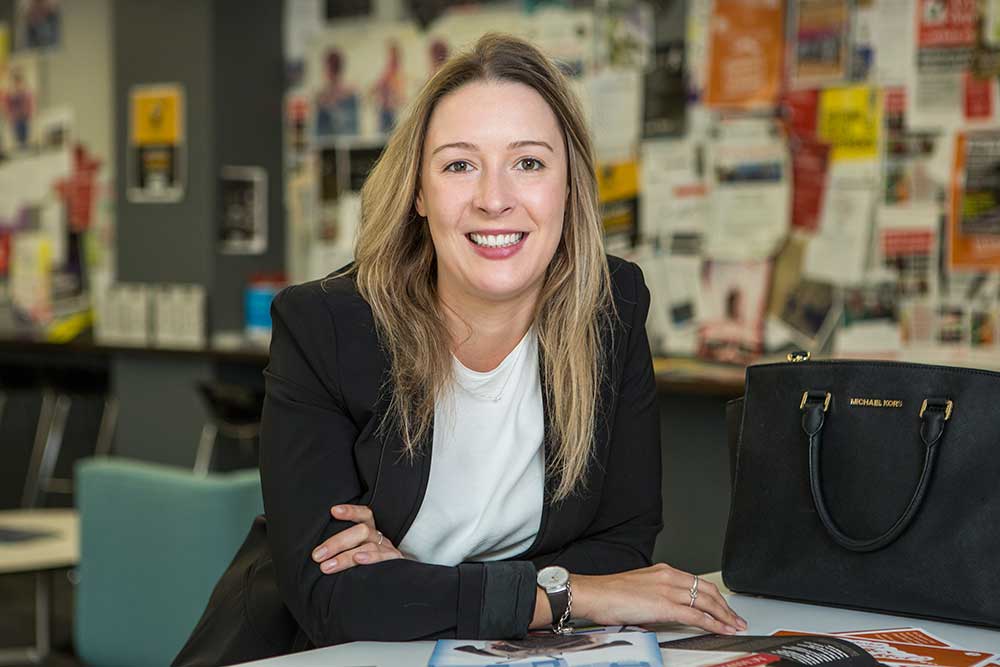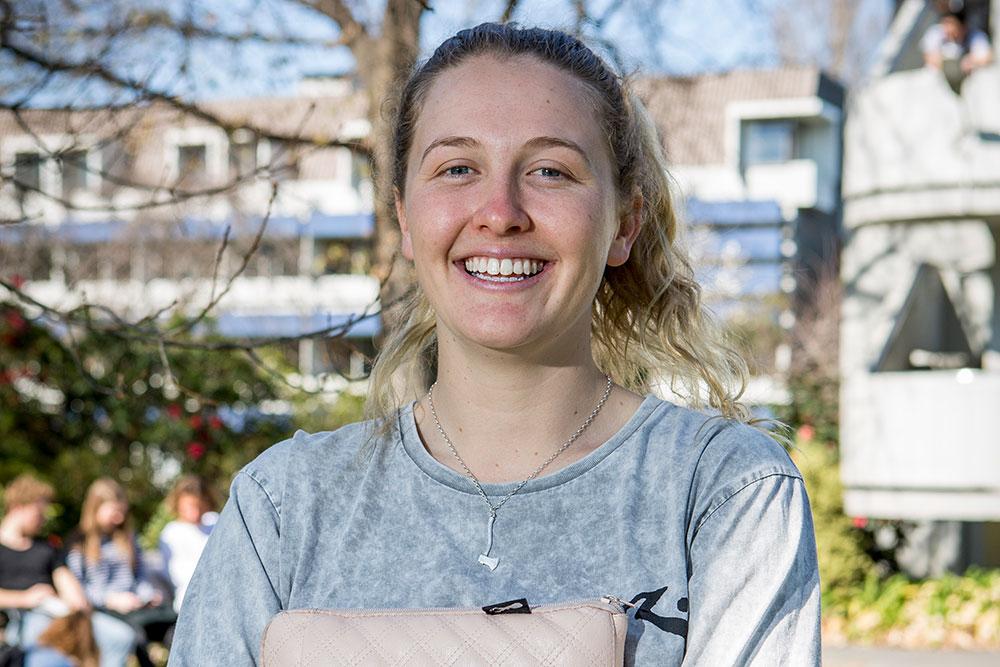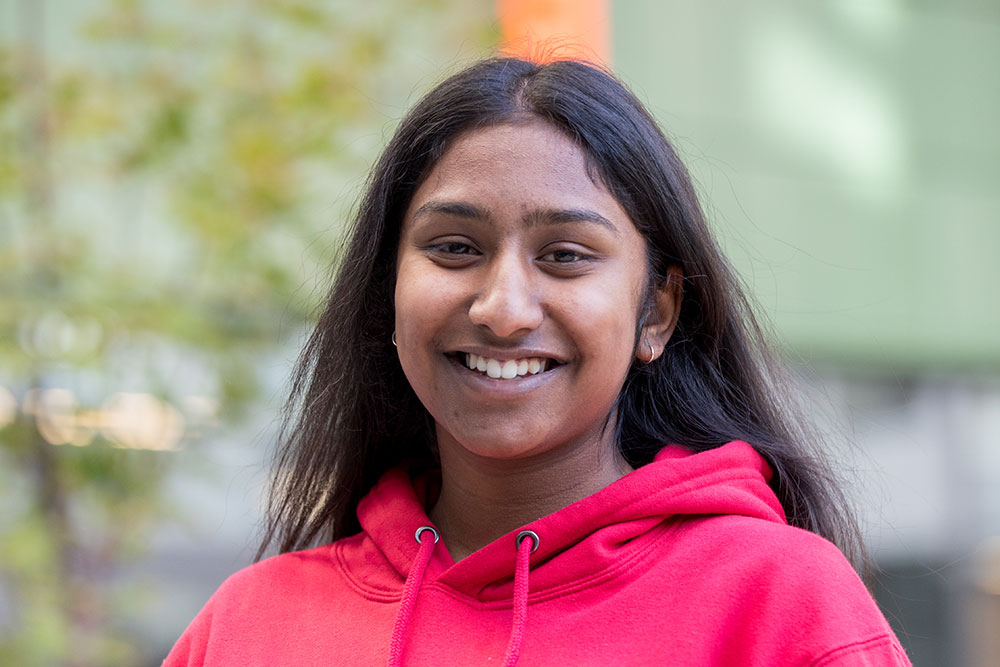PhD in Law
What was your Law PhD research on?
My doctoral research scrutinises the international economic legal order through the lenses of global distributive justice, the human right to development, and the critical Third World Approaches to International Law (TWAIL).
A section of the thesis relied on various political and legal theories in developing conceptual principles upon which the concept of "fairness" in the global economic order should be understood and evaluated. The latter part thereafter critiqued certain aspects of the international subsidies regime (mainly governed by the WTO Agreement on Subsidies and Countervailing Measures) that are deemed inequitable and also hinder the industrial growth of many less-industrialised countries. The research offered various proposals, relying on economic theories as well, that may ameliorate the current global crisis.
What motivated you to study those topics?
My motivation for the choice of study is driven by a combination of passion and ambition. I have always been passionate about matters of global justice and fairness in the international legal order, and how the current system could gradually advance from its inequitable foundations for the development benefits of the larger world. Also, a Law doctorate in International Economic Law will facilitate my career ambition of working in any of the international economic and development institutions.
What did you enjoy most about your PhD?
The nature of the research has given me the opportunity to interact and network with people from diverse backgrounds and professional expertise. Also, the rigorous nature of the doctoral study has significantly helped in developing my critical ability.
So what advice would you give to someone considering doing a PhD?
I advise that one needs to be clear about one's objectives for studying a PhD, because that ambition would be the primary motivator to get through the programme.
Also, it is highly advised that one carefully considers one's choice of potential PhD supervisors. My choice of supervisors not only impacted positively on the quality of my research, but also my ability to complete and submit my thesis within time (3 years and a month).
Do you have any career goals now that you've graduated?
I was called to the Nigerian Bar as a Barrister and Solicitor after passing the bar exam, and I used to practice as a corporate and commercial lawyer in Nigeria before the commencement of my PhD. I am now working towards combining a career in the international trade and investment legal practice, arbitration and dispute resolution, international development, and the legal academia. These areas of practice can be sometimes interrelated – and I am conversant with profiles of notable international lawyers that have successfully combined these areas.
Coming from Nigeria, why did you choose to come to New Zealand and study at UC?
I have always heard great stories about New Zealand. However, while searching for PhD opportunities, I was more particular about the quality of the University and the potential supervision.
My first interaction with Dr Christian Riffel via Skype convinced me about coming to New Zealand and the University of Canterbury. The decision was made even easier when I was offered the University of Canterbury Doctoral Scholarship – and I have enjoyed every bit of the experience.
How have you found life at UC and New Zealand as an international student?
Life in New Zealand started as a culture-shock. I have lived almost my entire life in Lagos – a city with an estimated population of 20 million, according to the state's government. The lifestyle and culture over there are enormously different in many respects and fast-paced, if compared to Christchurch and New Zealand in general.
However, I have gotten to appreciate the more relaxed and quieter lifestyle here with time, especially after embracing new leisure activities. I have also been very fortunate to meet exceptionally supportive friends and people who have made my transition enjoyable. It's also important to add that living in New Zealand in this period of the global pandemic has been a fortunate experience, if compared to the rest of the world.
What are your interests when you are not studying?
Prior to coming to New Zealand, I mostly spend my leisure time engaging in various social activities with friends and family. But since arriving here, I have developed interests in other, mostly physical, activities like hiking, gym, badminton, and swimming. I also love my mobile chess games.


